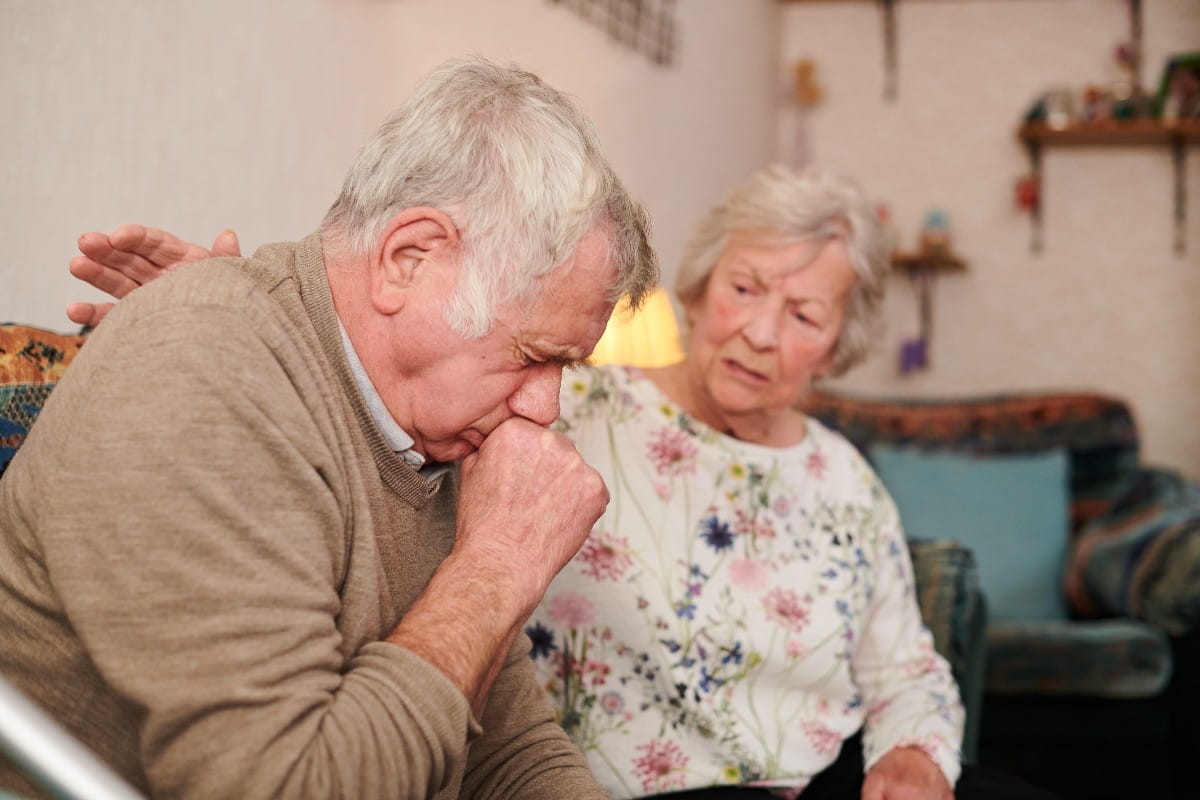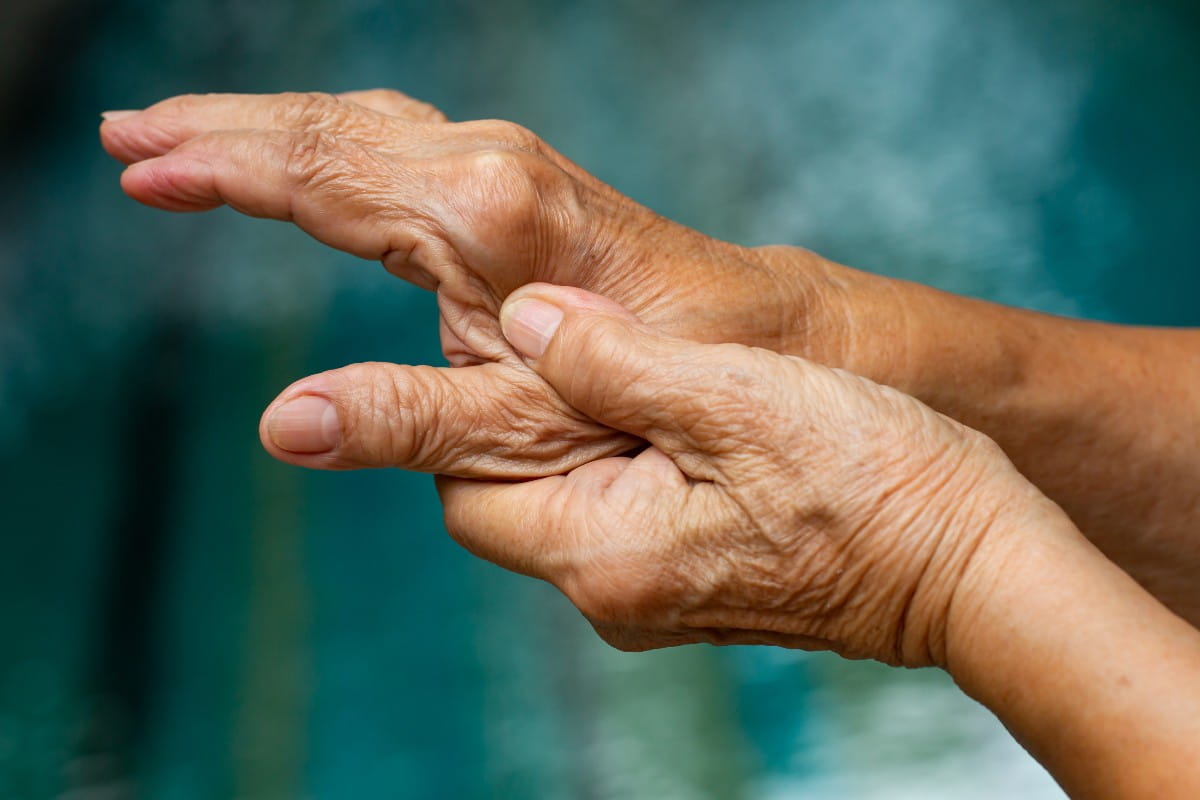Respiratory syncytial virus (RSV), tends to surge in fall, winter, and early spring—just like cold and flu viruses. Nationwide, the highest number of cases typically occur from late December through mid-February, although this year is seeing significant early surges for RSV and other respiratory illnesses. It is important for older adults—one of the most vulnerable populations— to know how to identify the symptoms and when to seek treatment, says Melanie Ames, FNP, a Family Nurse Practitioner at Charlie W. and Golden Bethune Hill Community Health Clinic.
What is RSV?
Respiratory syncytial virus (RSV) is a common virus that affects the human respiratory system.
Who is most at risk?
While anyone can contract RSV, older adults are among the most vulnerable populations. According to the U.S. Centers for Disease Control and Prevention (CDC), individuals at highest risk for severe RSV infection include adults 65 years of age and older, adults with chronic heart or lung disease, and adults with weakened immune systems.
Symptoms of RSV
RSV generally causes mild, cold-like symptoms. Common symptoms include a runny nose, sneezing, coughing, sore throat, fever, fatigue, and loss of appetite, says Ms. Ames. Particularly in older adults and other vulnerable populations, RSV can cause more acute symptoms, such as wheezing and difficulty breathing, can lead to such severe illnesses as bronchiolitis and pneumonia, and can exacerbate conditions such as asthma and chronic obstructive pulmonary disease (COPD). Most people have mild cases, recover at home in a week or two, and do not require intervention from a healthcare professional. However, serious cases may require hospitalization and could lead to respiratory failure.
Transmission of RSV
Like other common respiratory infections, RSV spreads when an infected person coughs or sneezes and virus droplets come into contact with another person’s eyes, nose, or mouth. RSV can also spread through kissing the face of an infected person or touching a surface with the virus on it, like a bathroom faucet, and then touching the face before washing the hands.
Time from exposure to infection for RSV is 1 to 4 days. People infected with RSV are usually contagious for 3 to 8 days and may become contagious a day or two before they start showing signs of illness, says Ms. Ames. However, some people, such as older adults and people with weakened immune systems, can continue to spread the virus even after they stop showing symptoms, for as long as 4 weeks.
As with the colds, flu viruses, and COVID-19, older patients with RSV should take measures to prevent spreading the virus. These steps include staying home when ill, avoiding contact with others, particularly those who are most at risk, wearing masks, and washing hands often.
Treatments for RSV
There is no specific treatment for RSV infection, though researchers are working to develop vaccines and antivirals (medicines that fight viruses). Steps to relieve symptoms include rest, drinking plenty of fluids, and using over-the-counter fever reducers and pain relievers such as acetaminophen or ibuprofen, according to Ms. Ames.
While there is no vaccine currently available for respiratory syncytial virus (RSV), Riverside encourages every eligible person to receive vaccinations for both COVID-19 and the flu. For more information on receiving one or both of these vaccinations from Riverside, please visit riversideonline.com.
If you are experiencing symptoms of a respiratory infection, you can learn more about what could be causing your illness by using the Riverside Symptom Checker.
You can also schedule an e-visit through MyChart. This is a quick, confidential, easy process. For those concerned about a COVID-19 infection, Riverside provides an assessment for you to complete and submit. Your primary care provider will evaluate and prepare a treatment plan, and when appropriate, order tests and write prescriptions.
Another option is to call Riverside Nurse 24/7 at 800-675-6368. Our nurses are trained in telephone triage, and they can provide information on what to do next.



